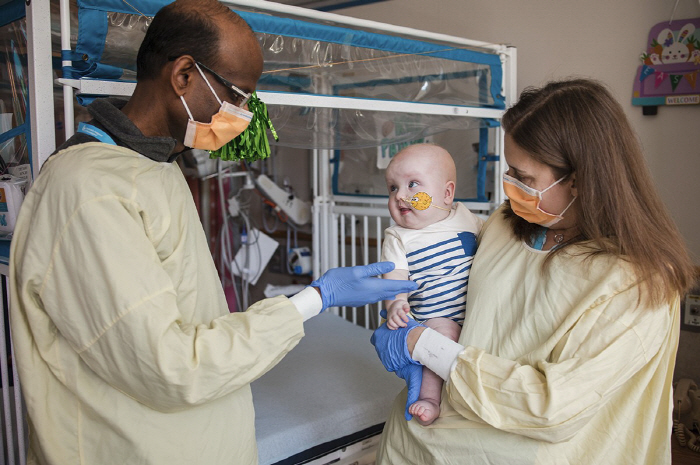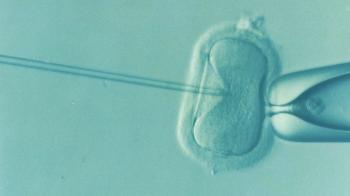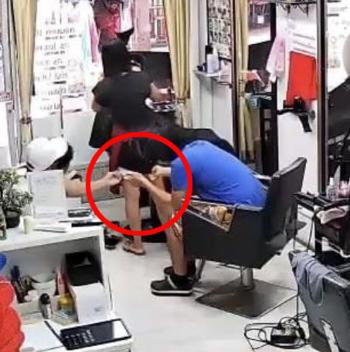Customized gene scissor therapy saves baby life from rare genetic disease
May 16, 2025
|
According to local media such as the Associated Press, a baby named KJ Muldoon, Pennsylvania, USA, was diagnosed with a 'severe CPSI deficiency' that lacked the enzyme needed to remove ammonia immediately after birth. Severe CPSI deficiency, which occurs in 1 in 1 million people, has a very high fatality rate because ammonia accumulates in the body and is at risk of damaging other organs such as the liver and brain. Although it can be treated through liver transplantation, if you are suffering from severe CPSI deficiency from birth, such as KJ, the damage may have already become irreversible by the age of surgery. Parents who also considered liver transplantation eventually chose gene therapy.
A research team from Children's Hospital of Philadelphia and Pennsylvania Medical School developed a treatment that can correct defective genes through research over the next six months. Based on CRISPR, the 2020 Nobel Prize-winning genetic scissor technology, we used a base editing technique that only corrects DNA sequences.
KJ received its first gene-editing treatment through an injection in February and was followed up in March and April. Since then, it has been possible to increase protein intake and reduce drug use.
This is an important example of the possibility of personalized gene therapy, and it is evaluated that it has laid the foundation for application to the treatment of other rare genetic diseases in the future.
Medical staff said continuous follow-up is needed to confirm the effectiveness of the treatment, and they hope that customized gene therapy will help millions of patients in the future.
Meanwhile, the findings were presented at the American Society for Gene Cell Therapy's annual meeting in New Orleans and published in the New England Journal of Medicine.
This article was translated by Naver AI translator.














